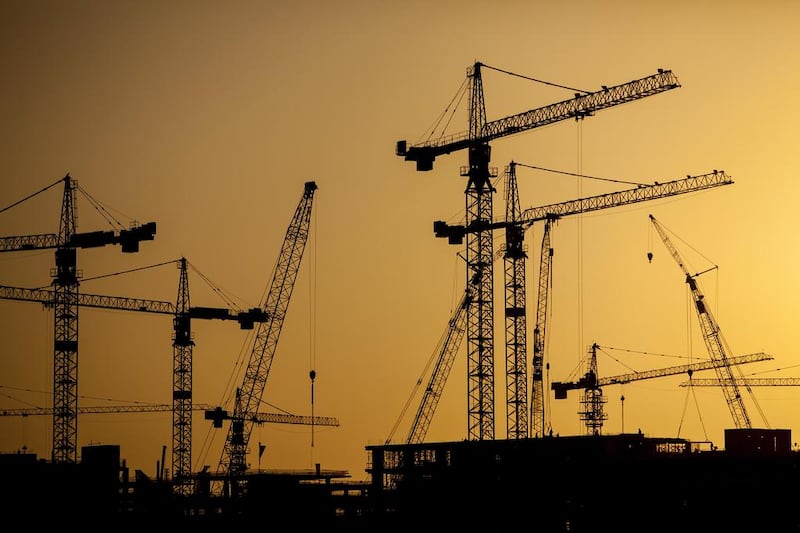Since its inception, the UAE has been a model of prosperity and stability in a region beset by uncertainty. That has not happened by accident. The successful union of the seven emirates was followed by a series of astute political and economic decisions, allowing this country to leverage the proceeds from its vast oil reserves for the betterment of its people. That is why we have avoided the economic and social problems that were largely responsible for the Arab Spring uprisings in other Middle Eastern and North African countries. Stability, prosperity and progress have been the key words. And – as Sheikh Mohammed bin Rashid, Vice President of the UAE and Ruler of Dubai, has pointed out – our success, and that of other Gulf countries, can inspire and assist the rest of the Arab world.
As The National reported yesterday, this country is not sitting on its laurels. Large amounts of money will be spent on vital infrastructure programmes over the next six years, including Dh100 billion on airport expansion and Dh40bn to build the Union Rail Network, plus significant investment in other transport and tourism projects, real estate and financial services. But it is important to note that by 2020, the hard grind of this construction work will ease and there will be a shift away from building projects towards investment on research and development. This will form part of the bid to increase employment in the “knowledge economy” from 22 per cent to 40 per cent by 2021. The plan involves boosting Emirati participation in the workforce by more than two-thirds to 460,000.
As the late Sheikh Zayed once put it: “The real asset of any advanced nation is its people.” His successors have followed through by investing in human capital as part of a policy that will help the UAE prosper beyond the era of oil.
As Sheikh Mohammed noted, the non-oil economy grew by 8.1 per cent last year and now accounts for nearly 69 per cent of GDP. The momentum is already there, and encouraging ideas, enterprise and entrepreneurship will mean more employment across diverse sectors – some of which may not even exist today – and less reliance on government jobs.
The benefits will not stop there. Just as the UAE and its Gulf neighbours will win the war against extremism through vigilance and robust action, we can lead the way to a more stable region by serving as an economic role model.





